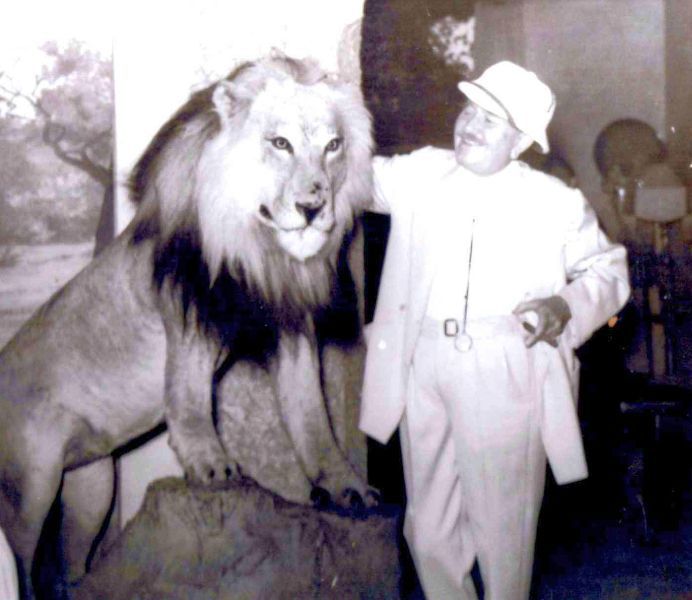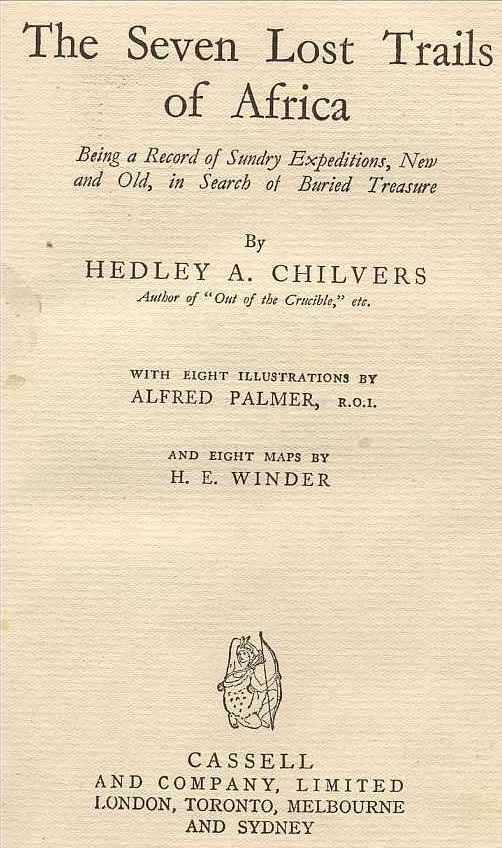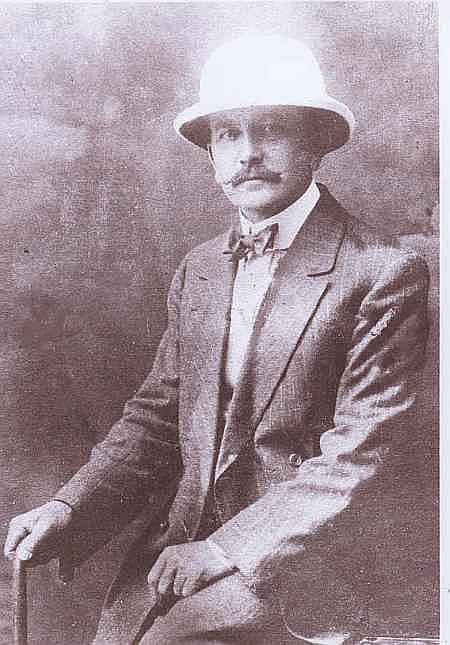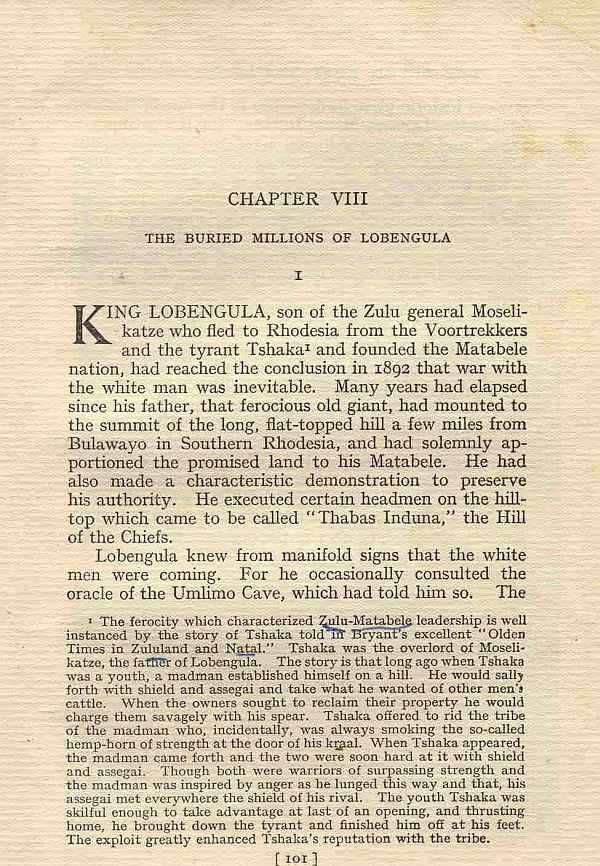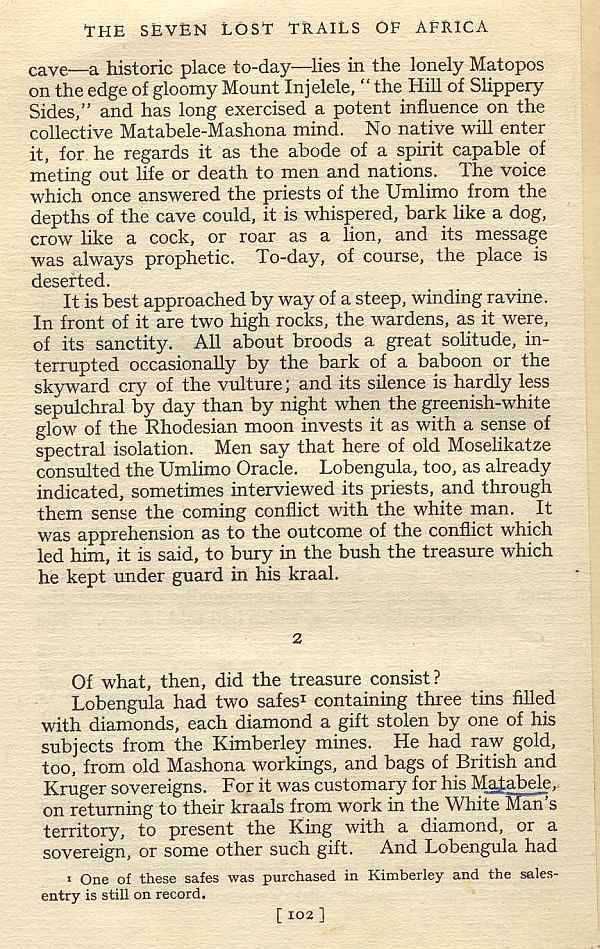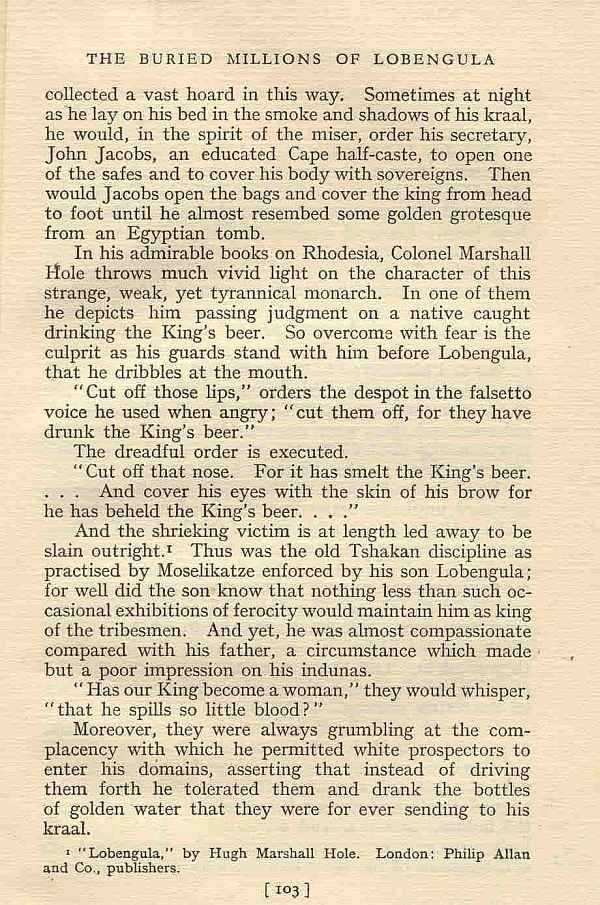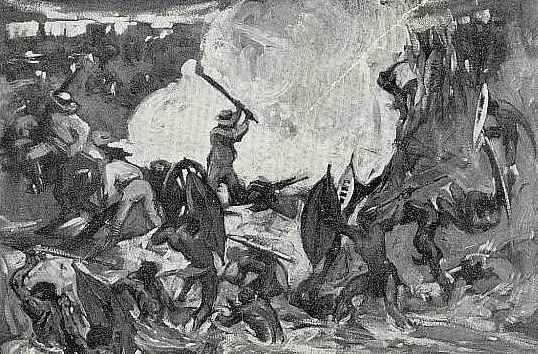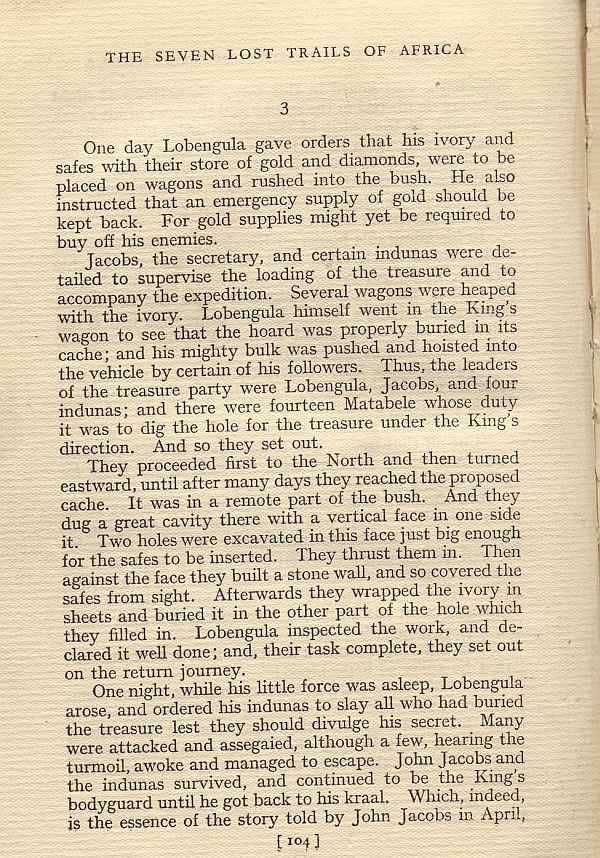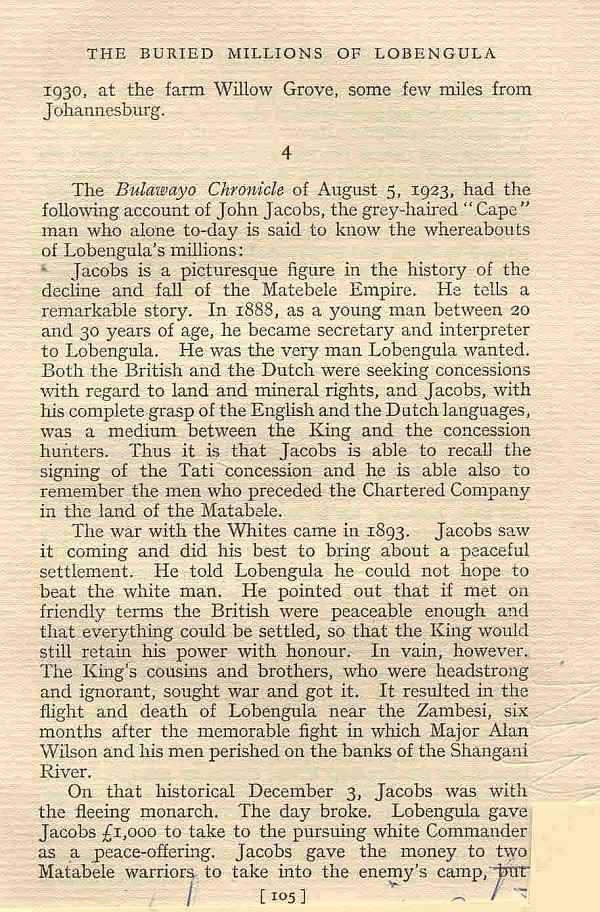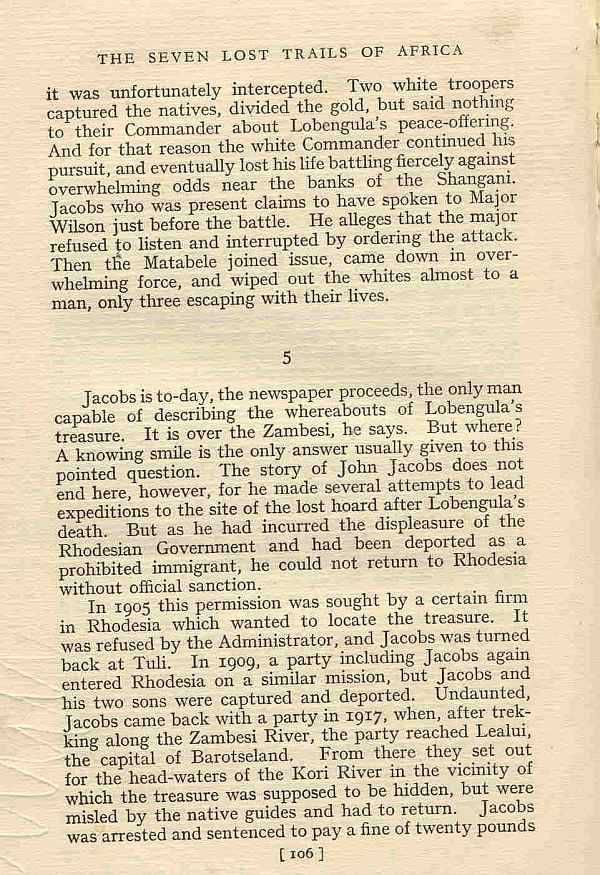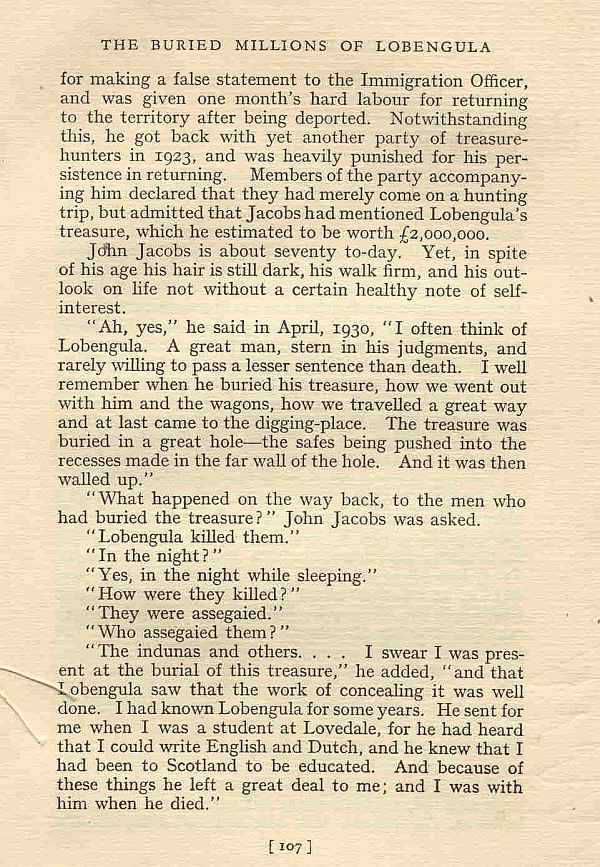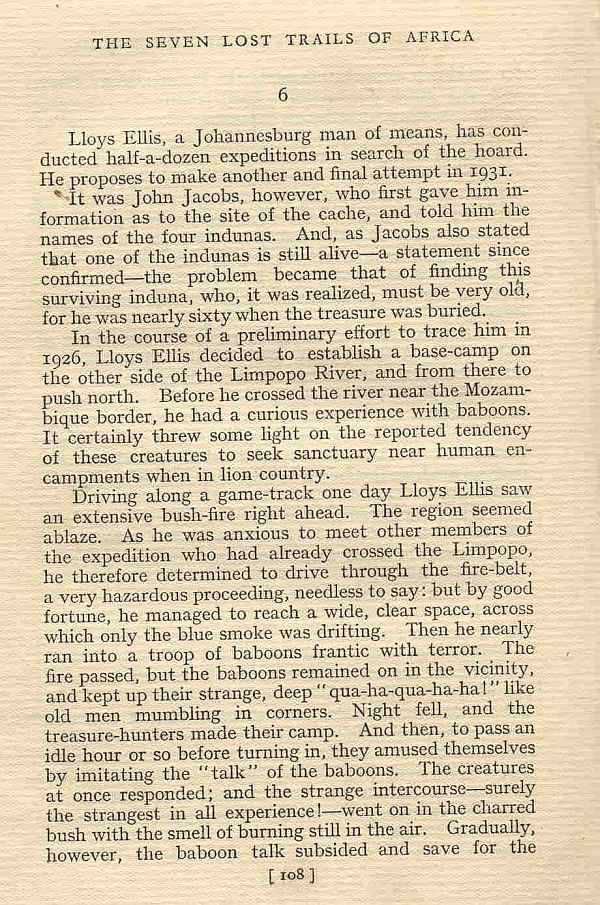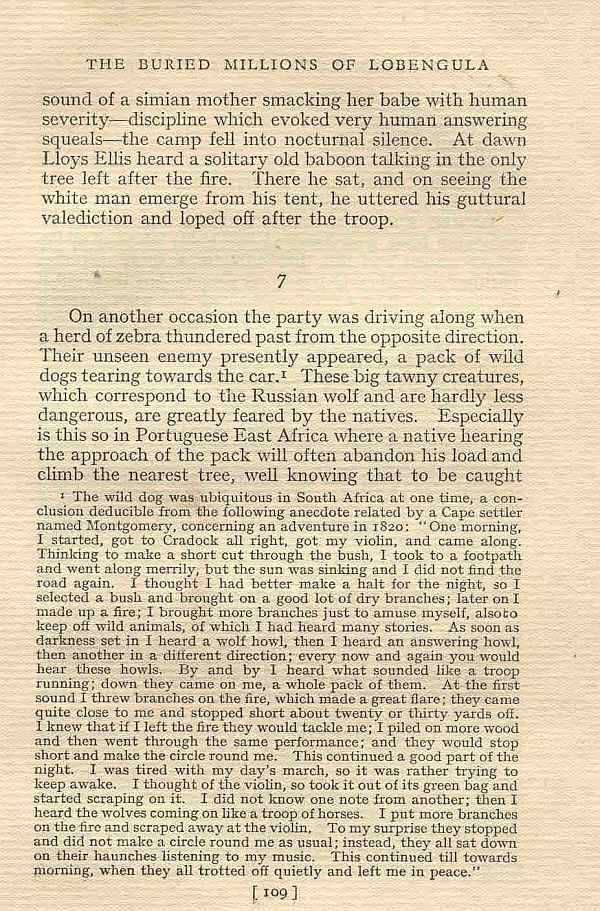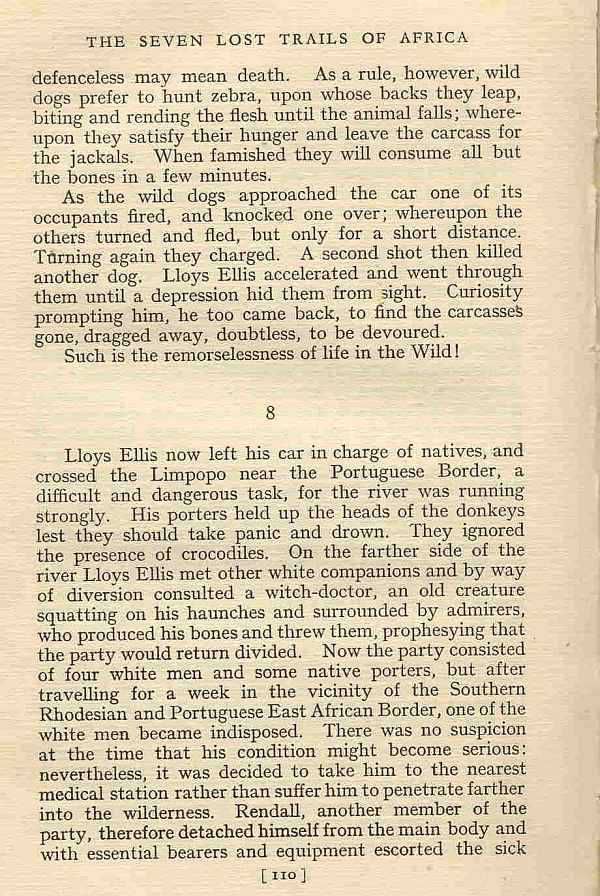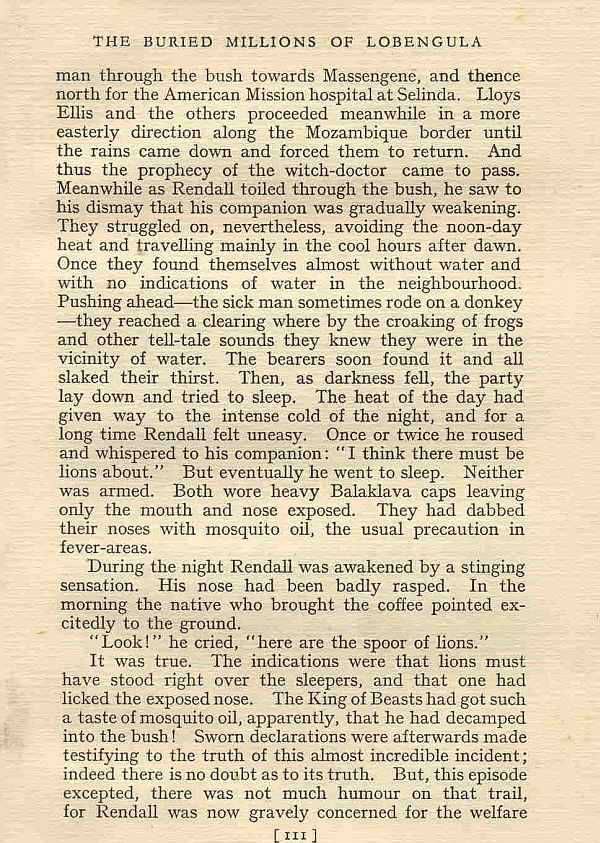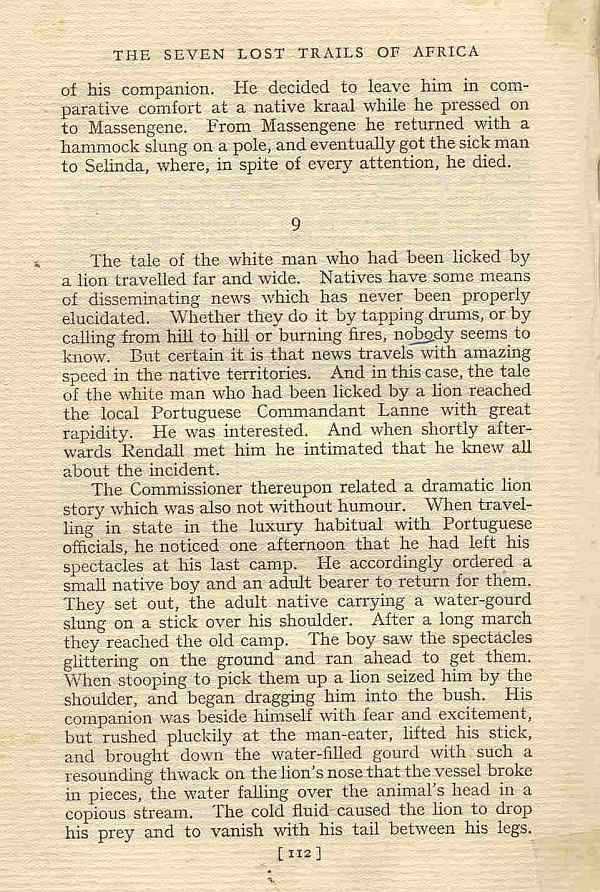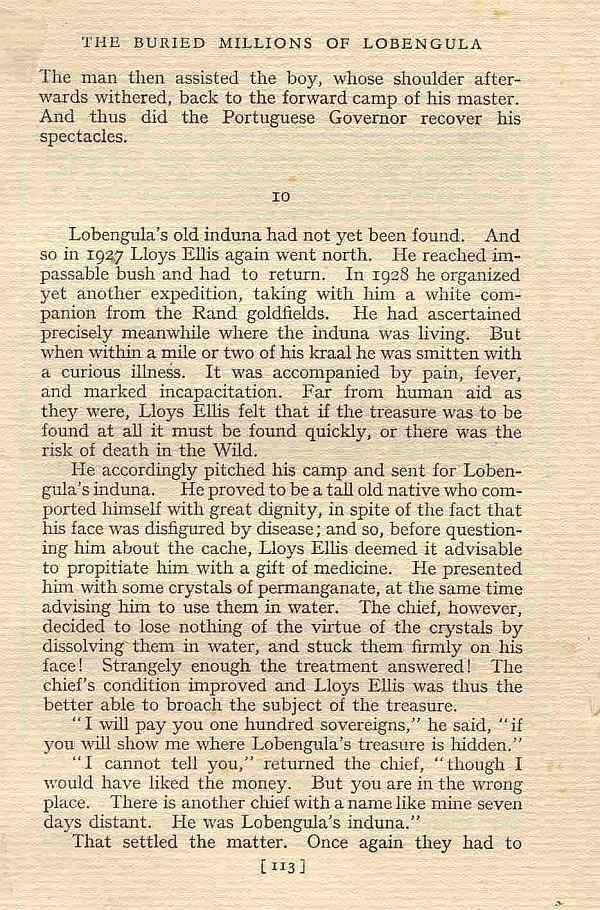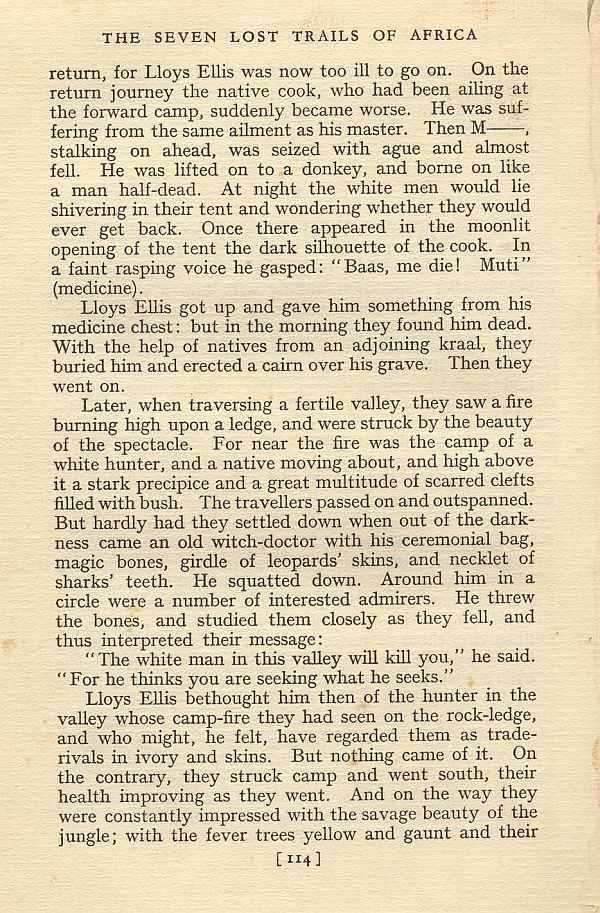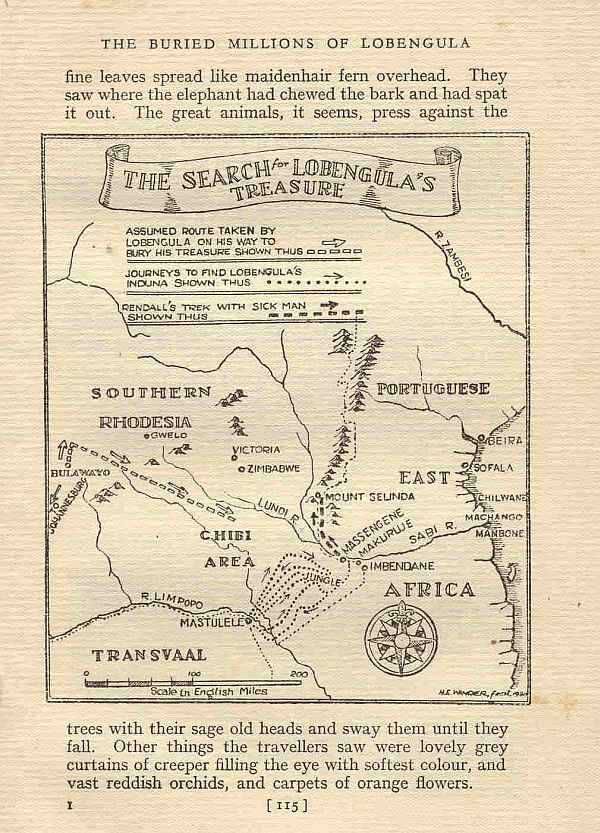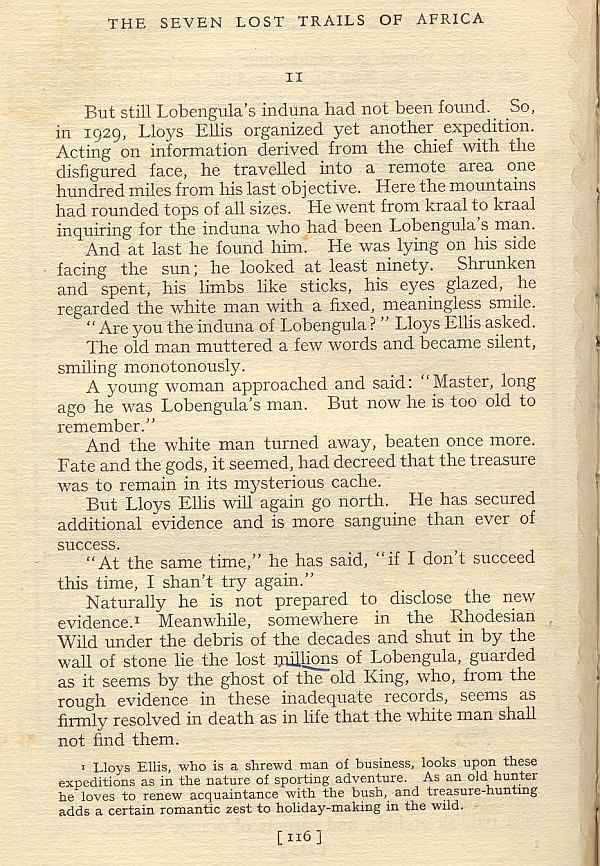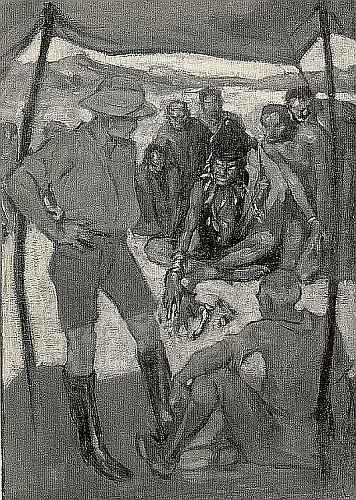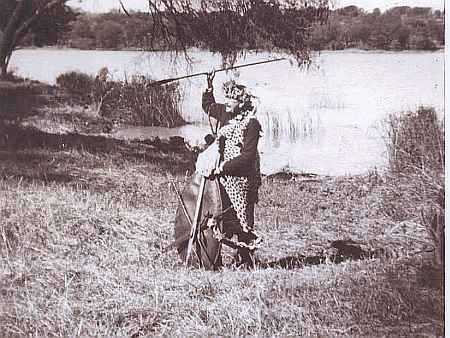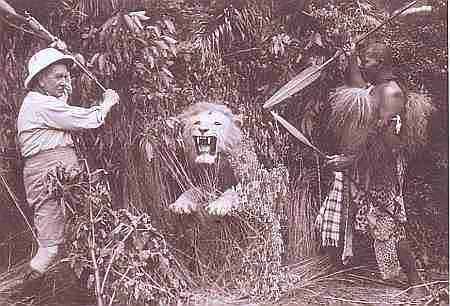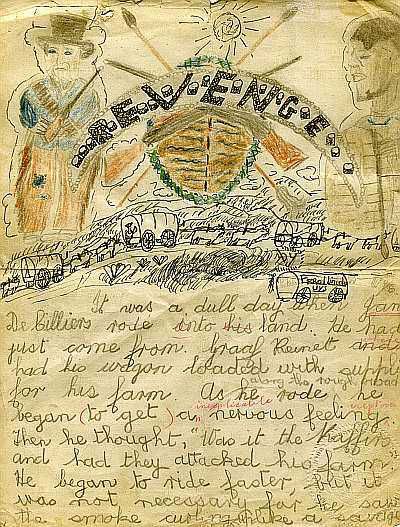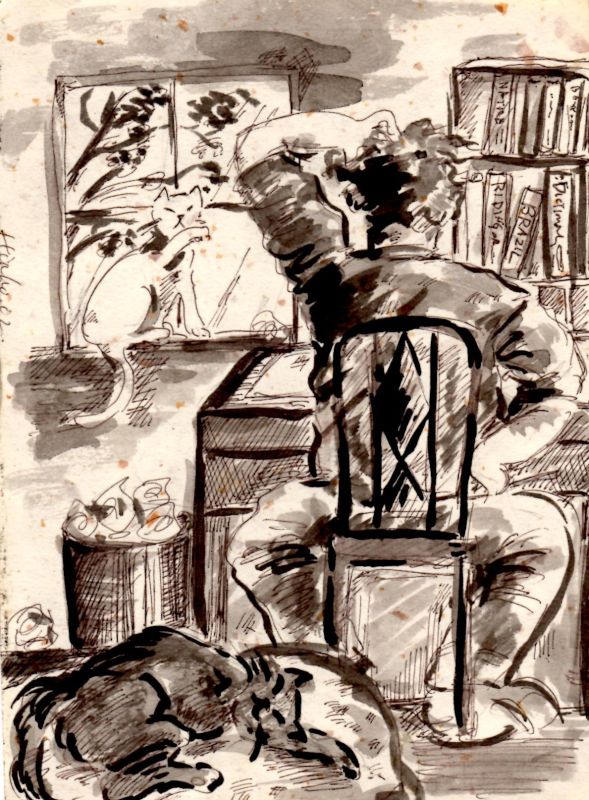
QUICK READ
Errol Lincoln Uys (pronounced 'Ace') was ten when he wrote Revenge, a novella penned on the back of worthless stock certificates tossed out by his mother. After high school, he worked as a law clerk before becoming a reporter on the Johannesburg Star. His next job was as editor of the Cape Town edition of Post newspaper, then South Africa's biggest weekly serving the African and mixed-race population.
Moving to London, he was chief reporter for the South East London Mercury, before joining Reader's Digest in England. The magazine sent him back to Africa, where he founded the first South African editorial office, becoming editor-in-chief in 1972.
Five years later, he immigrated to the United States with his family, joining the Digest's world headquarters as a senior international editor. In 1977, the Digest assigned him to work with James A. Michener on his South African novel, The Covenant, a controversial collaboration covered in Working with James Michener.
Uys is the author of the best-selling historical novel, Brazil. Uys has also written the non-fiction book, Riding the Rails: Teenagers on the Move During the Great Depression.
Now an American citizen, Uys lives in Dorchester, Boston.
